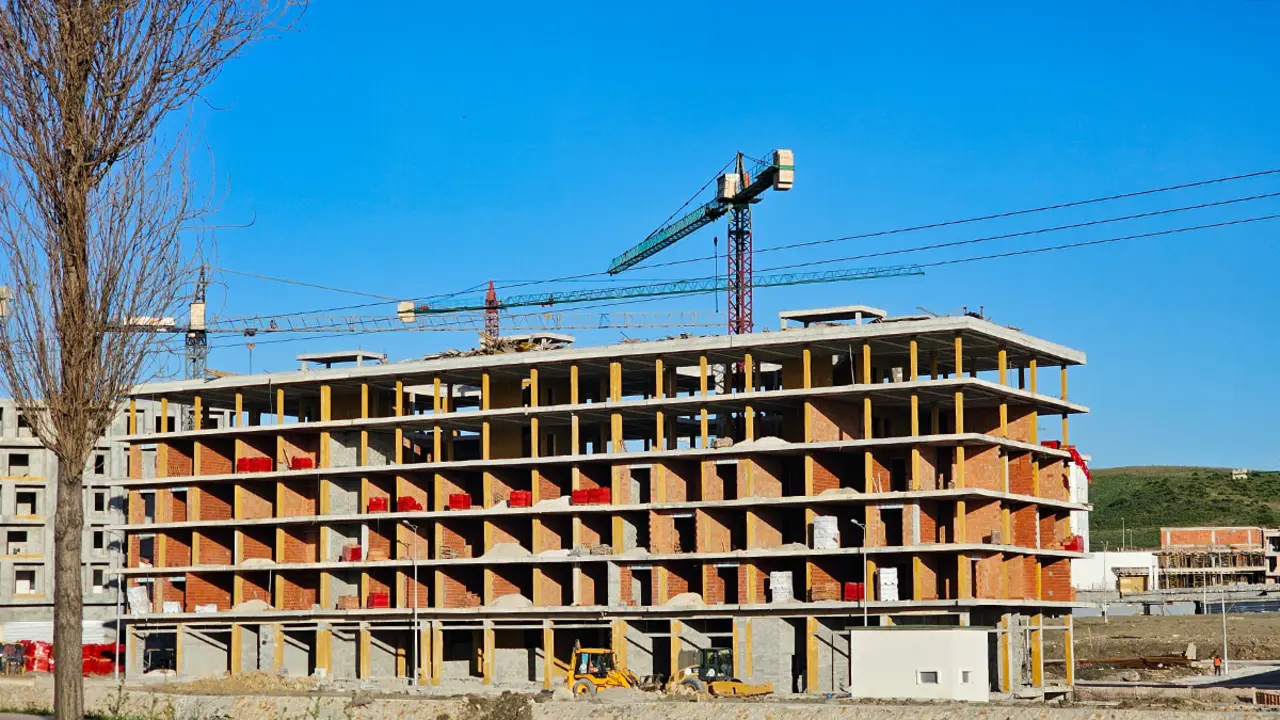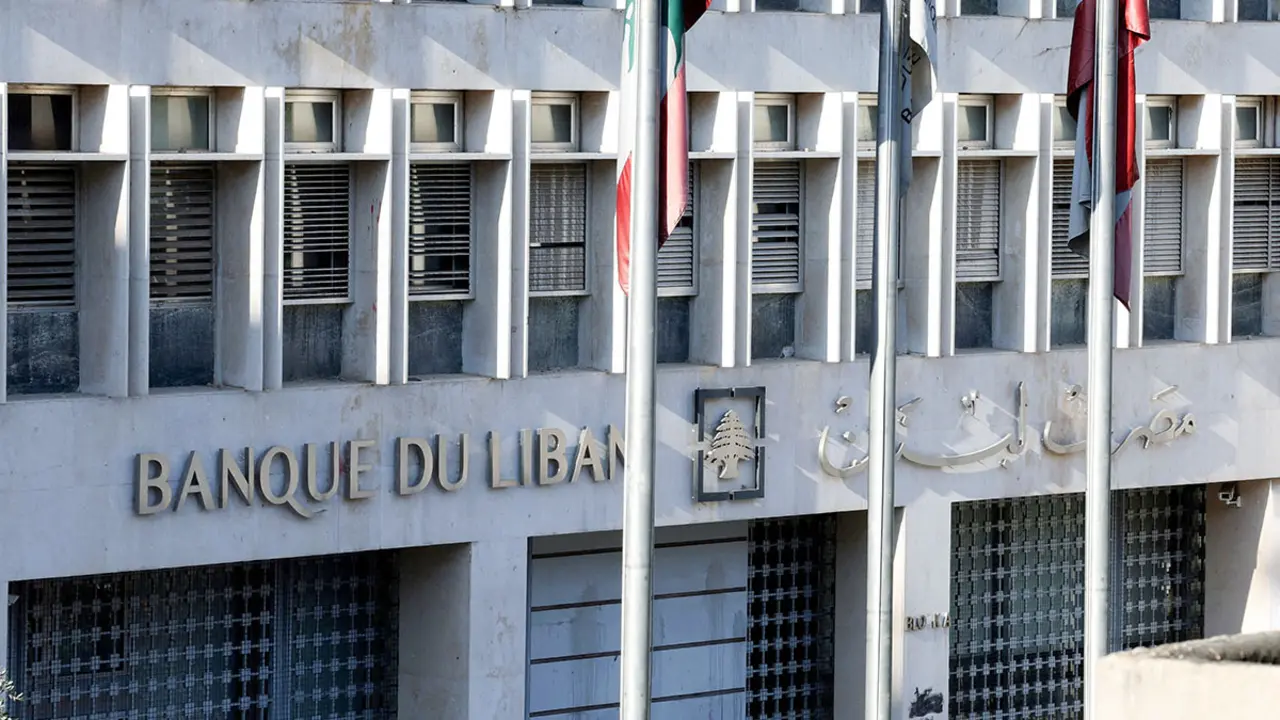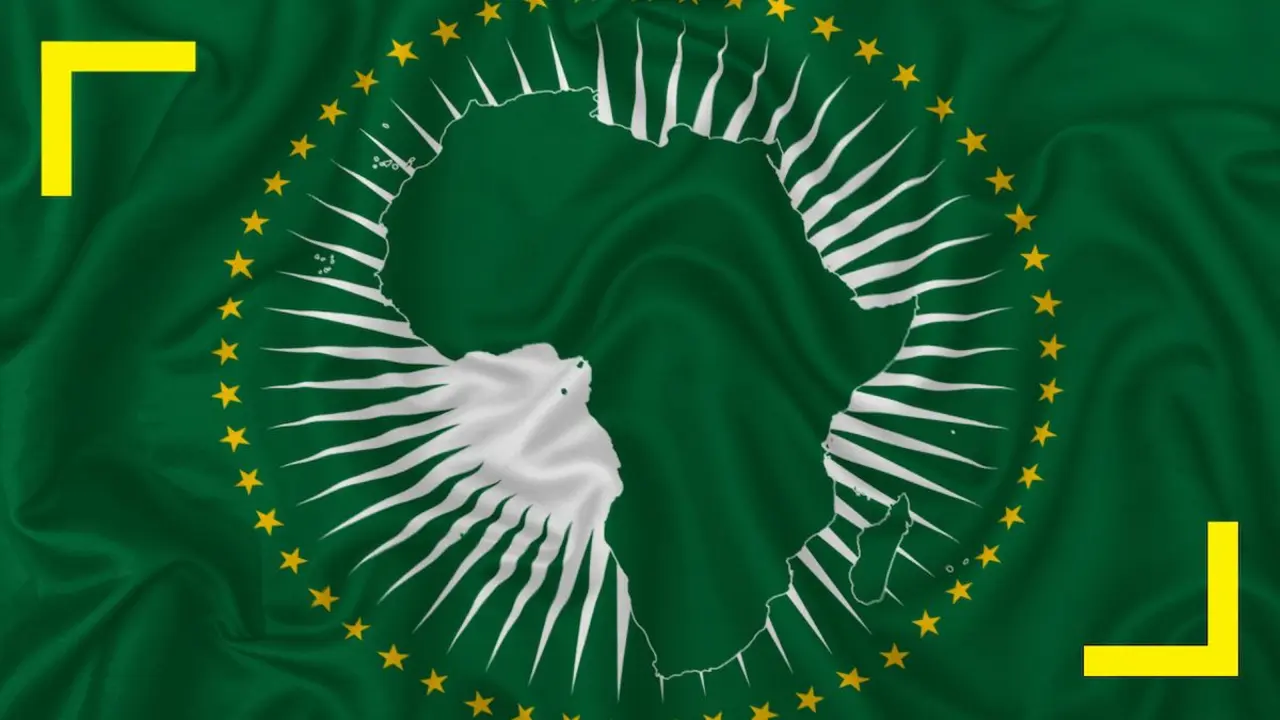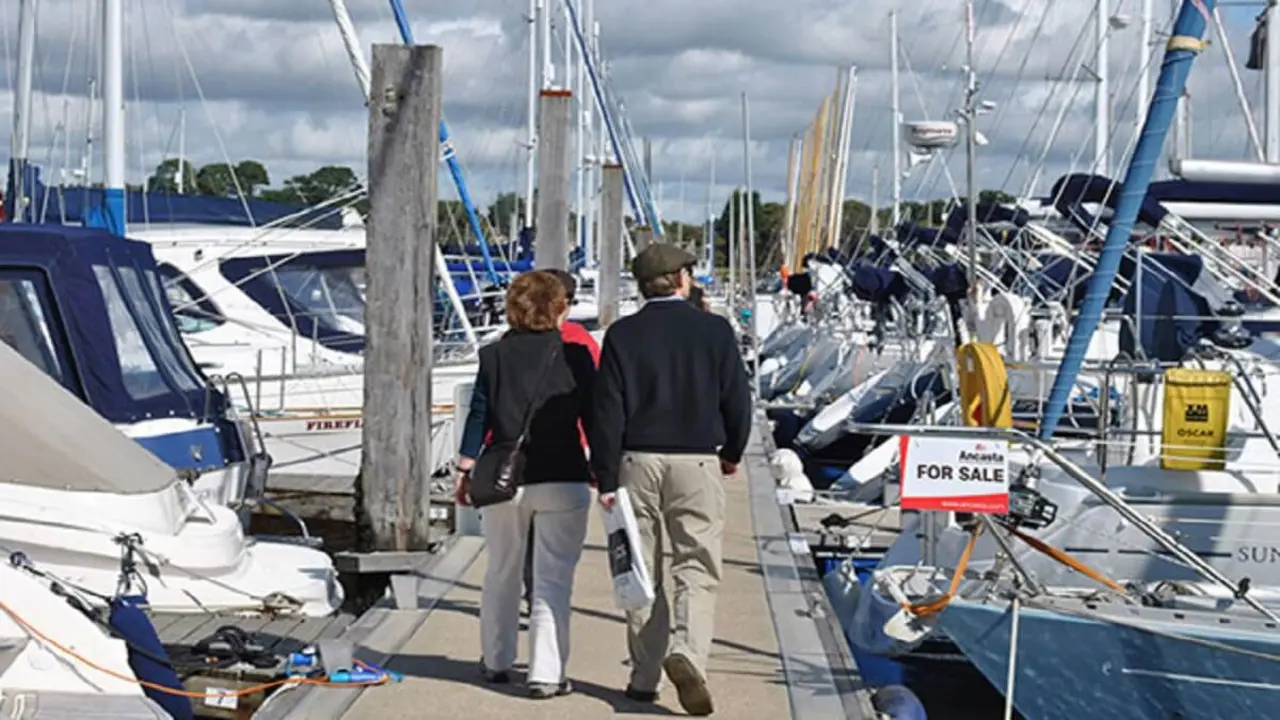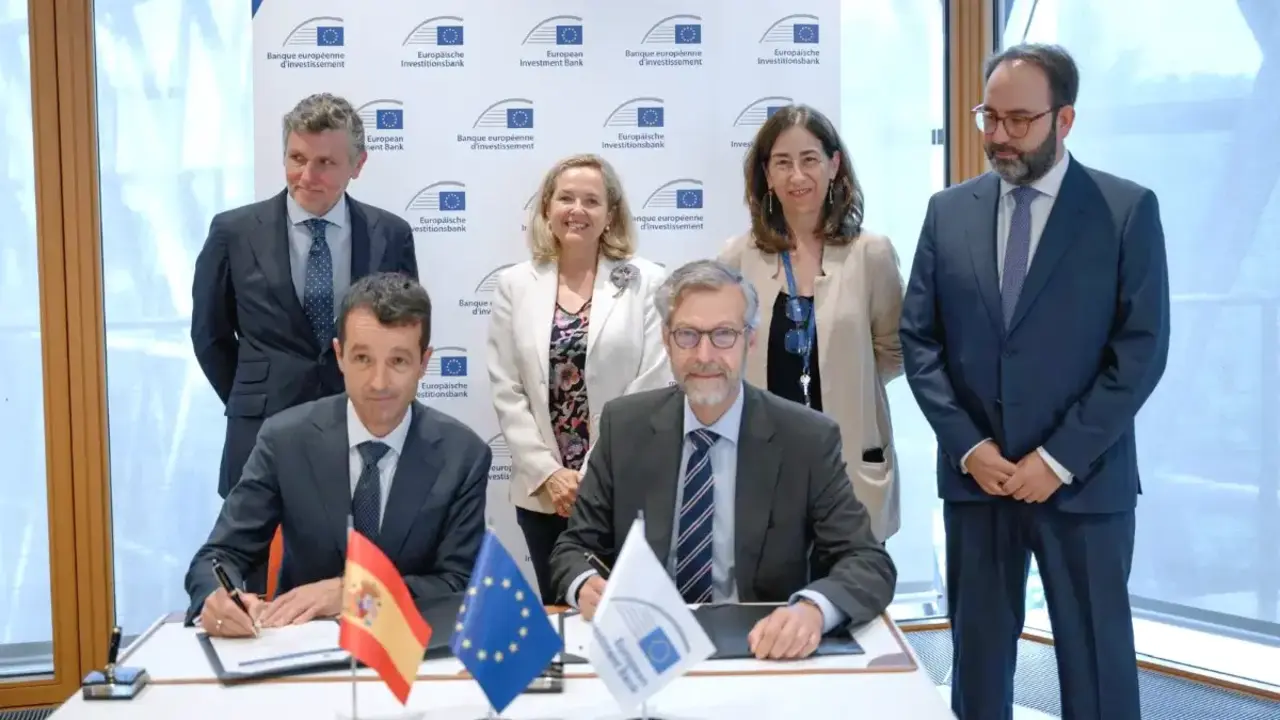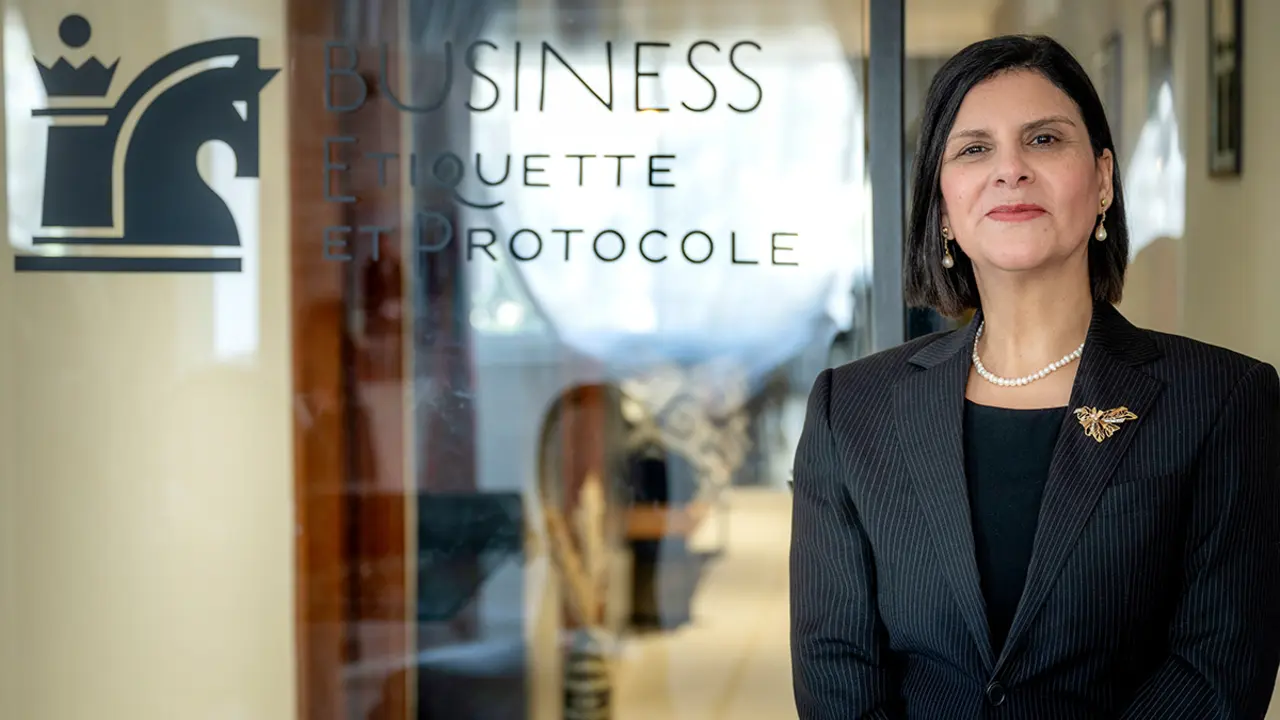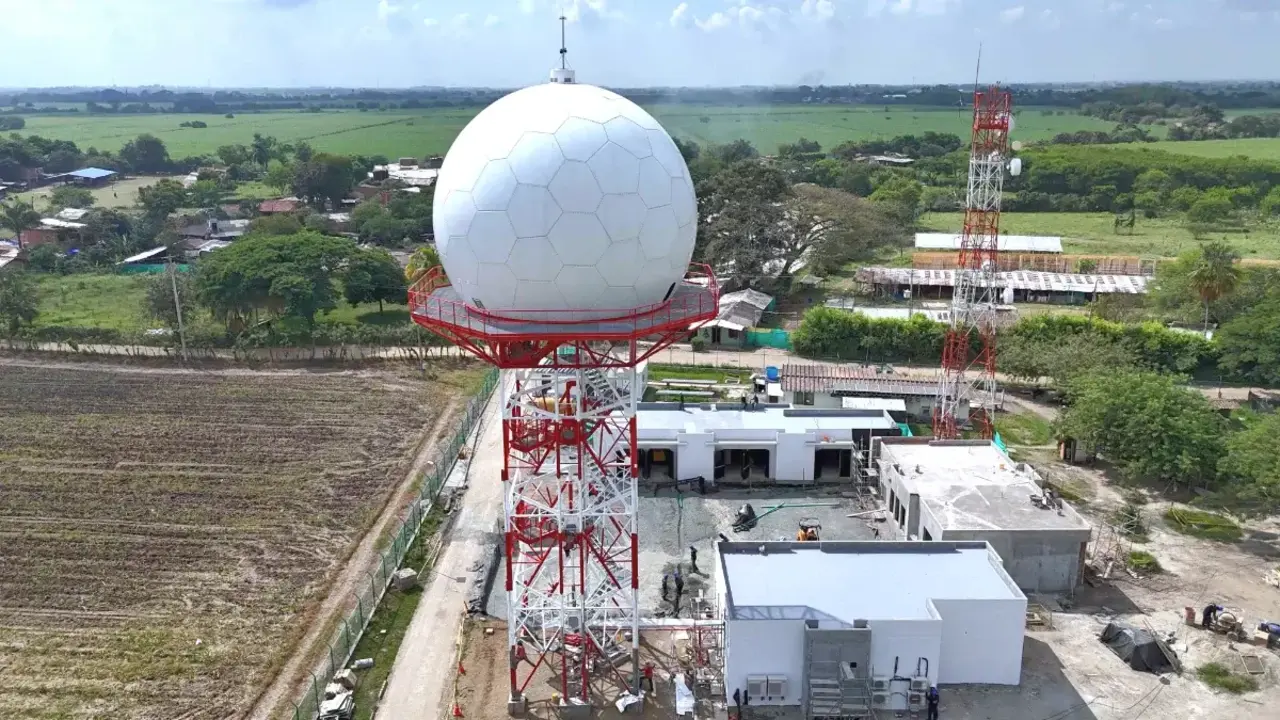Saudi Arabia's new jewels: Riyadh Air, SAMI Corporation and the SSA agency
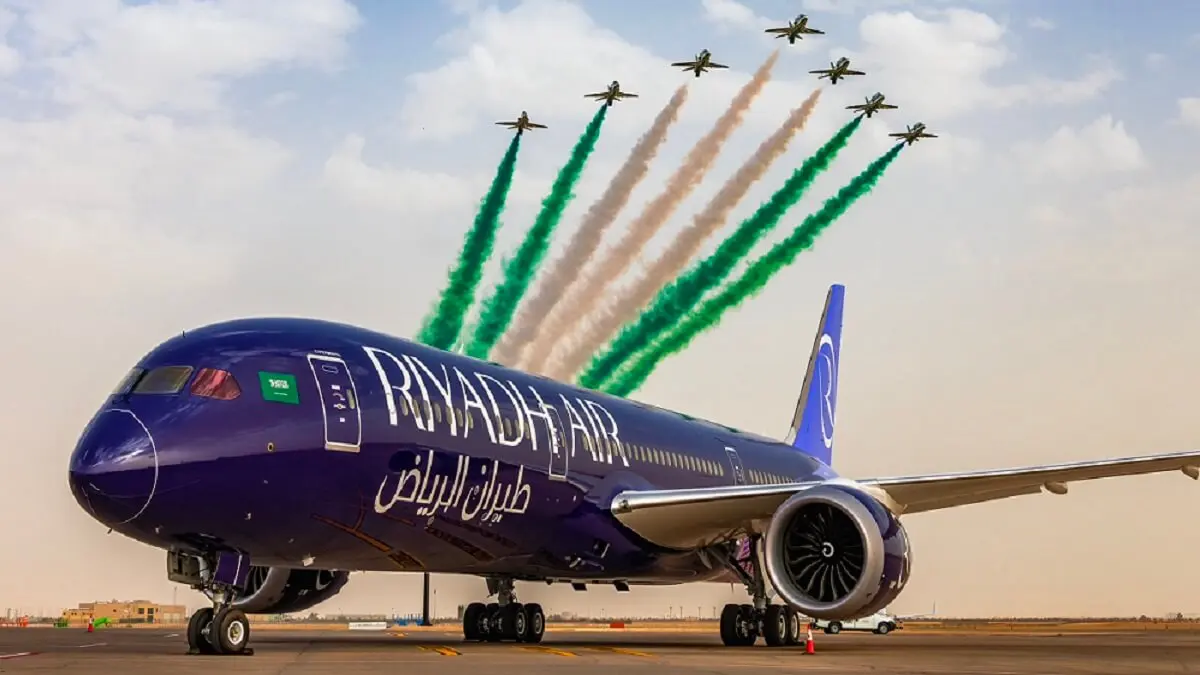
The Saudi Arabian government has just unveiled in Paris in style its three strategic state organisations with which it aims to help diversify the country's economy and reduce its heavy economic dependence on hydrocarbons in line with its Vision 2030 plan.
One is the defence industries corporation SAMI, with which the UK aims to reduce its external servitude in terms of military purchases. Another is the state-owned low-cost airline Riyadh Air, to boost its tourism and air travel sector. The third is the Saudi Space Agency, created in mid-June to promote the country's space industry and take a leading role in the exploration of the cosmos.
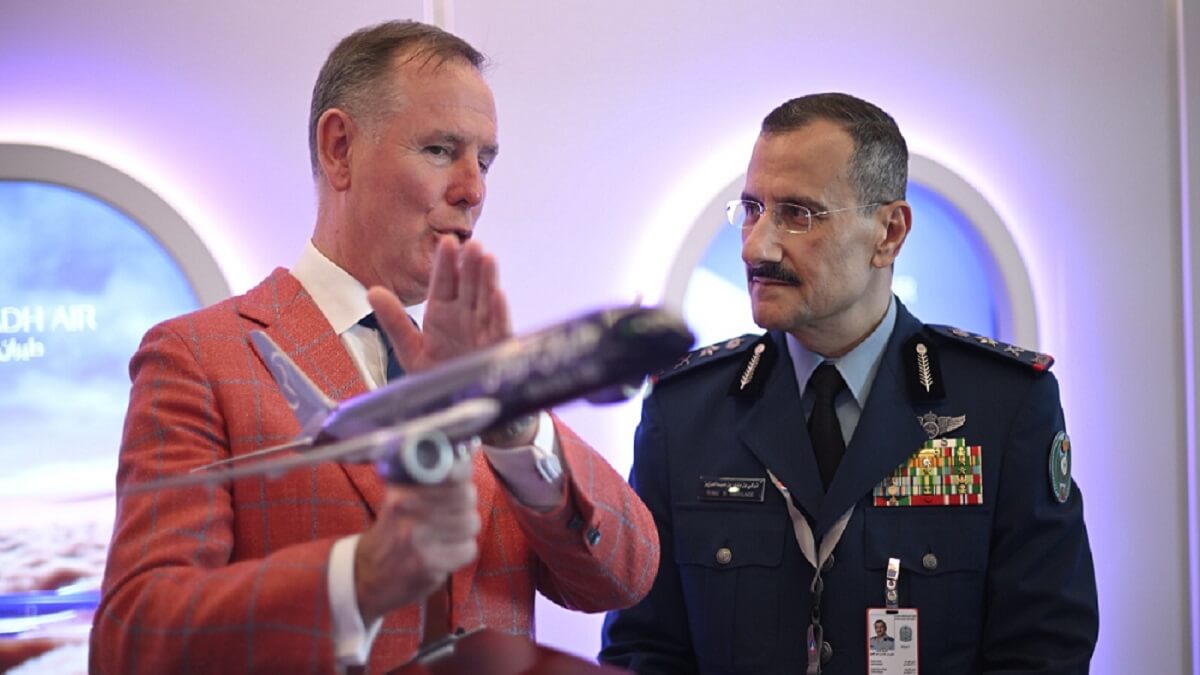
All three initiatives have been given the go-ahead by the Council of Ministers, which has been officially chaired since September last year by Crown Prince Mohammed bin Salman bin Abdulaziz al-Saud, who is also the Gulf nation's Prime Minister.
The latest bet is Riyadh Air, a start-up commercial airline that will have no problem establishing its global network, as it is owned by the Saudi government's Public Investment Fund (PIF), which is said to have assets in the order of $650 billion.
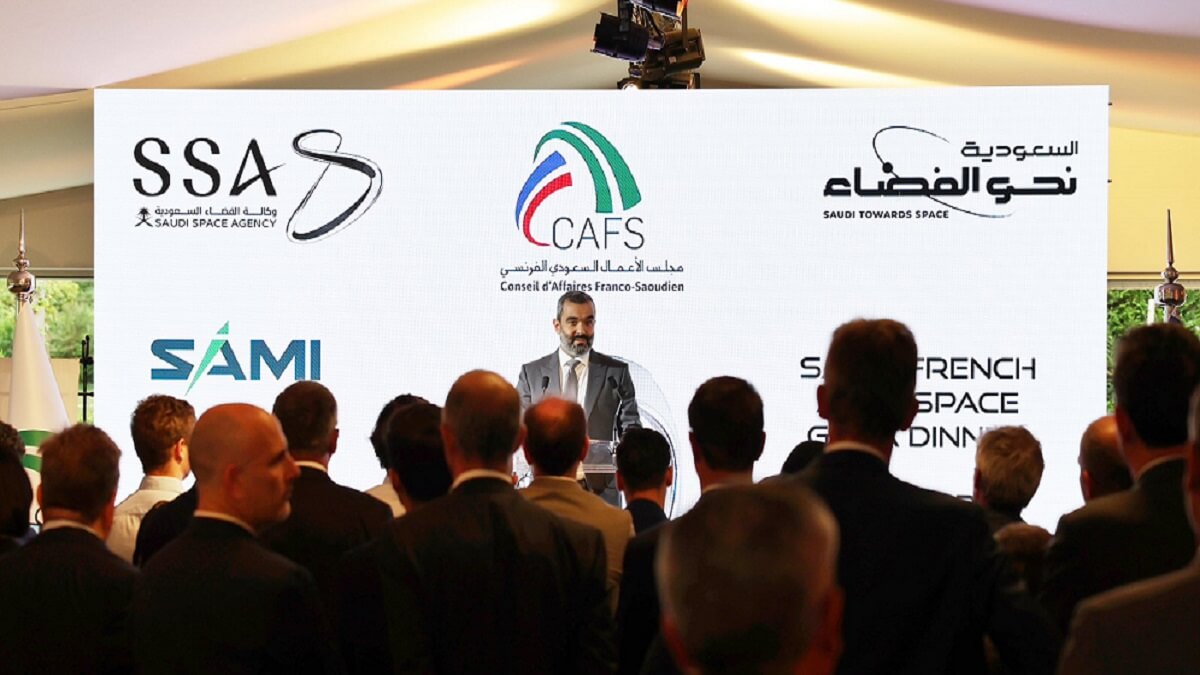
One hundred million destinations and one hundred million passengers
The presentation of the first aircraft to the high society of the international air transport sector took place at Le Bourget airport (France) during the 54th edition of the International Air and Space Show. A Boeing 787-9 Dreamliner painted in the elegant purple or mauve colour of the lavender flower that the airline has chosen to distinguish itself from its competitors, mainly Emirates, Qatar Airways and Turkish Airlines.
Riyadh Air is chaired by Yasir al-Rumayyan - also chairman of PIF - but executive management is in the hands of British-born Tony Douglas, who previously headed Emirates' Etihad Airways. Its very ambitious plans are to fly to more than 100 destinations worldwide by the end of the decade, carry more than 100 million passengers and meet the needs of the domestic market, from where many tourists fly to the Emirates' Dubai and Doha airports.
The airline contracted its first 39 Boeing 787-9 Dreamliner aircraft last March with plans to begin service in 2025. It is now in negotiations with Boeing and Europe's Airbus to complete its fleet. With the tourism sector contributing "only 3% to Saudi Arabia's GDP", Tourism Minister Ahmed al-Khateeb sees his country as a "virgin tourism market" that offers "huge opportunities". With 16.5 million foreign visitors in 2022, al-Khateeb is aiming for 30 million by 2024.
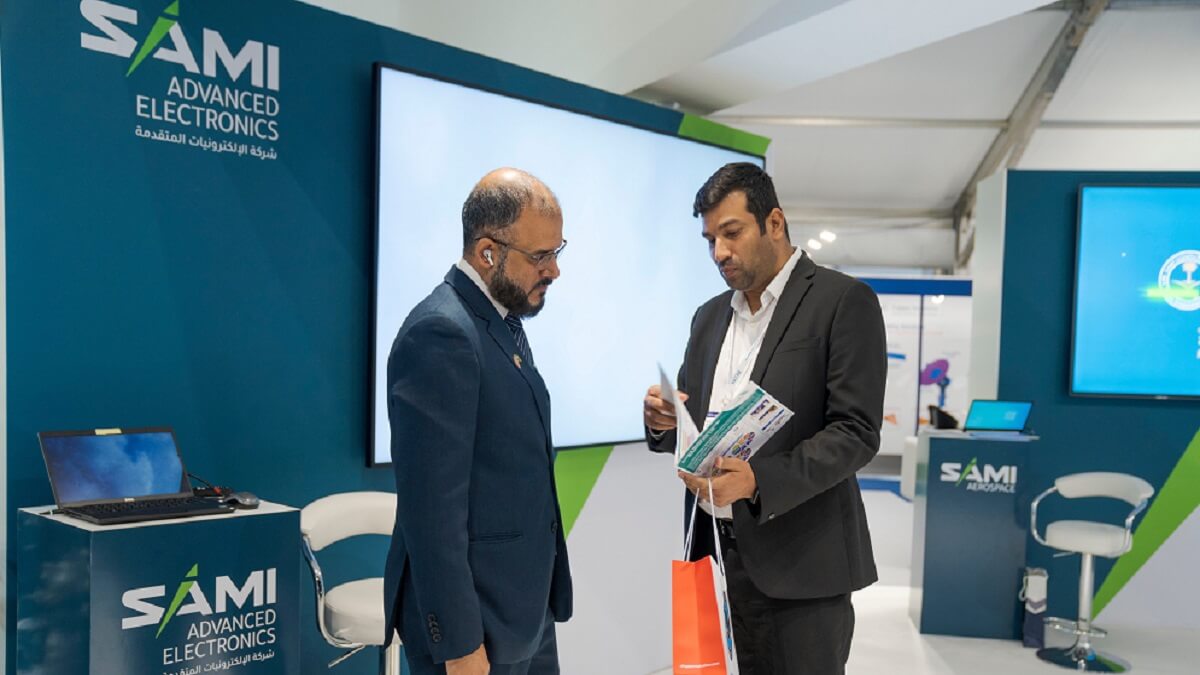
On the defence front, the Saudi state has a major industrial corporation also owned by the PIF. Its name is Saudi Arabian Military Industries (SAMI), and its CEO is Walid Abukhaled, a former senior Middle East official of the US aerospace and defence company Northrop Grumman.
Walid Abukhaled proclaims that his goal for 2030 is to have half of his nation's defence investments come from production or assembly lines established on national territory. The SAMI group of companies has accumulated more than $10 billion in contracts, but its nationalisation rate does not exceed 15%.
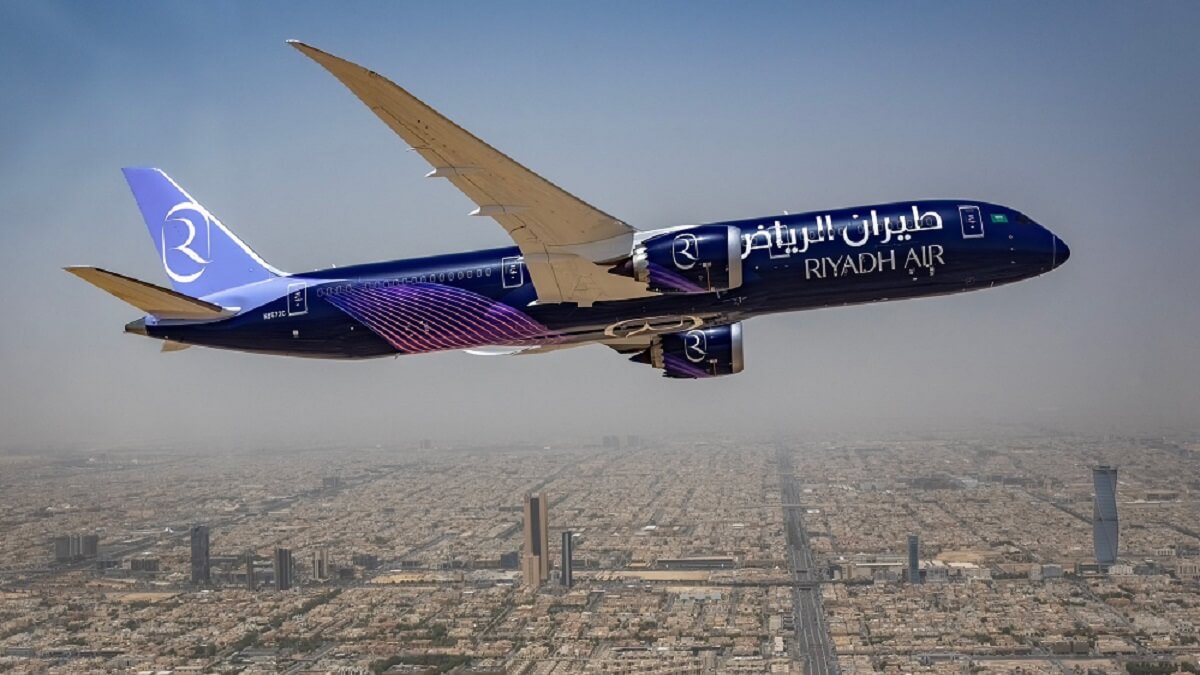
Spain's Navantia and its alliance with SAMI
This is the reason why SAMI is inclined to seek and seal alliances with companies from third countries willing to transfer technologies, in order to jointly tackle the development of new weapons systems and equipment, as well as the modernisation of those already in service in the Saudi Armed Forces.
Their steps have already led Boeing to set up a joint venture to manufacture composite materials and Lockheed Martin to set up a plant to support helicopters. The Spanish state shipyard Navantia has established the SAMI-Navantia company and a technology centre to develop the combat system for the five corvettes it is building for the Royal Saudi Navy.
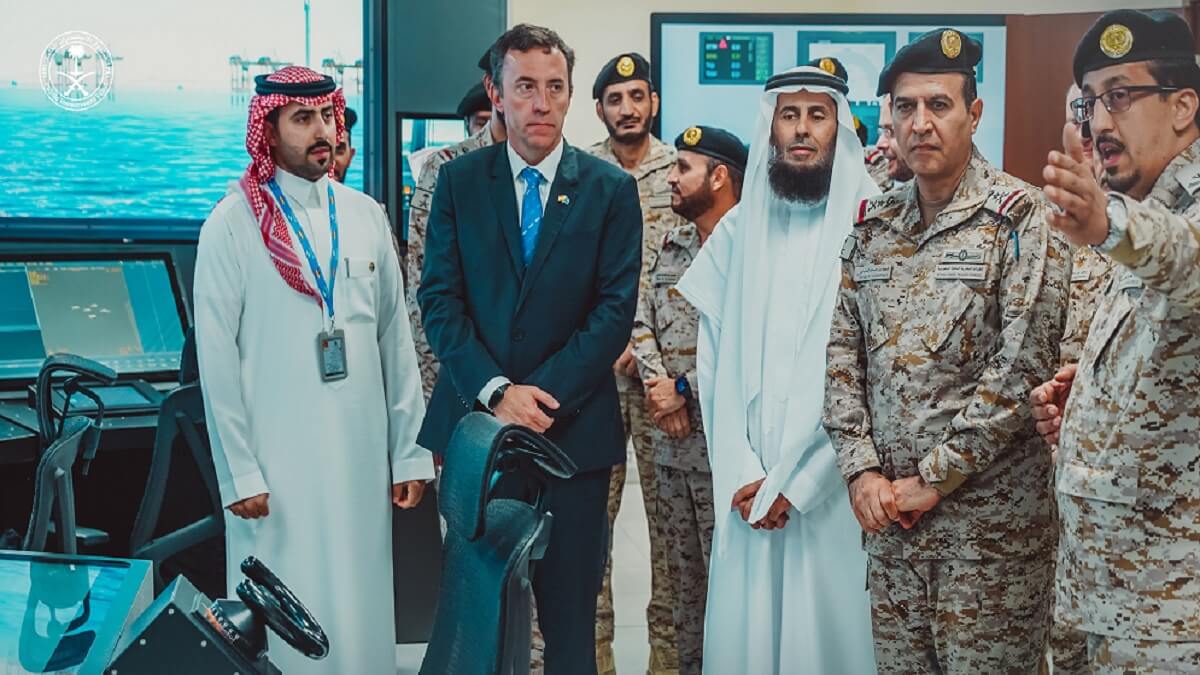
SAMI is working to build an industrial complex in the town of Al-Kharj, located a hundred kilometres from the capital. Scheduled to be operational in 2026, the facility is intended to support Saudi and Gulf Arab nations' land-based weapons systems. It is also building an aeronautical technology centre in Malham, 70 kilometres from Riyadh, to support the maintenance and repair of combat, transport and drone aircraft. And a large factory for the production of munitions and missiles.
The latest jewel has just been unveiled on 14 June. It is the reconversion to a Saudi Space Agency of a Commission that had existed since 2018 and which is the confirmation that the authorities in Riyadh are aware of the important role that the Kingdom can play in the field of technology and outer space exploration.
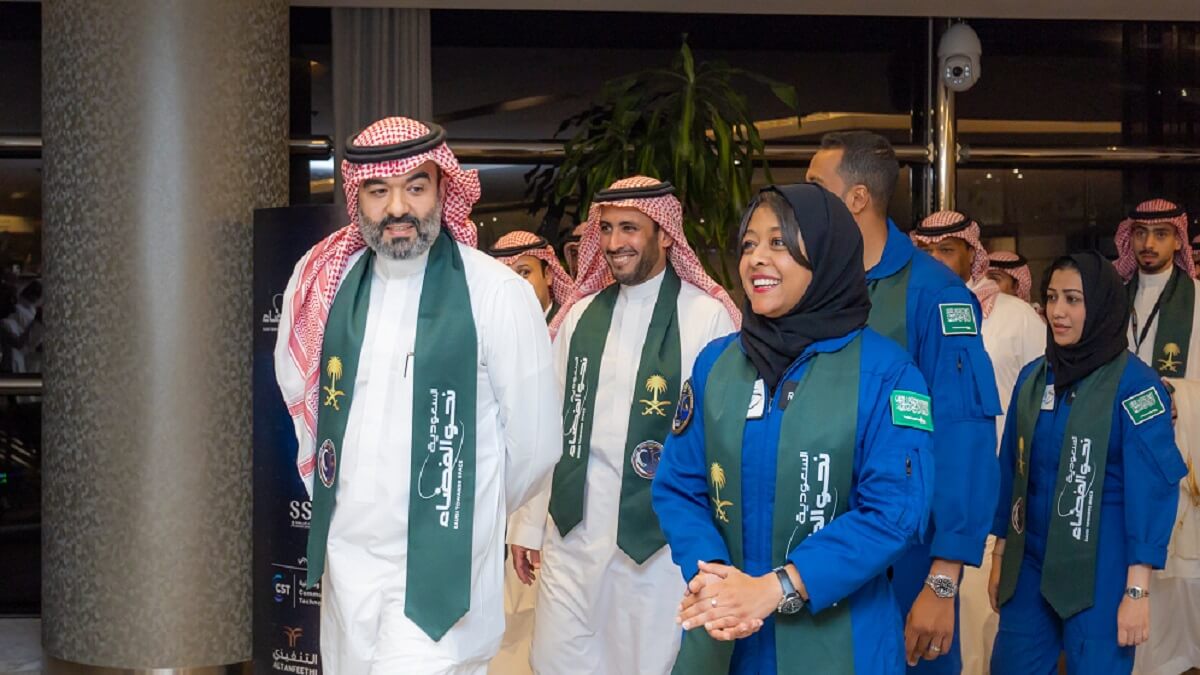
The move to create the Saudi Space Agency (SSA) comes after the completion of the Axiom-2 space mission, in which scientist Rayyanah Barnawi became the first female astronaut from an Arab country. She spent the last ten days of May on the International Space Station alongside her compatriot, Royal Air Force Captain Ali al-Qarni, and the Russian and American crew members of Expedition 69. From now on, we can expect a multiplication of SSA initiatives, along the lines of its Emirati neighbours.


